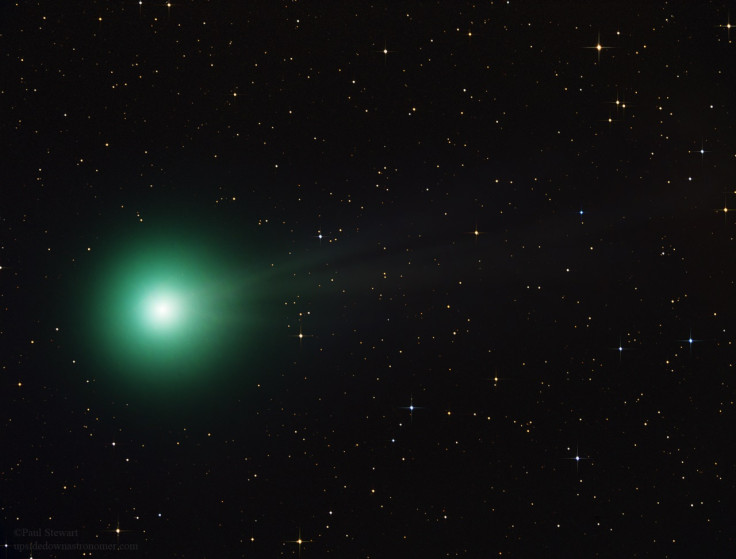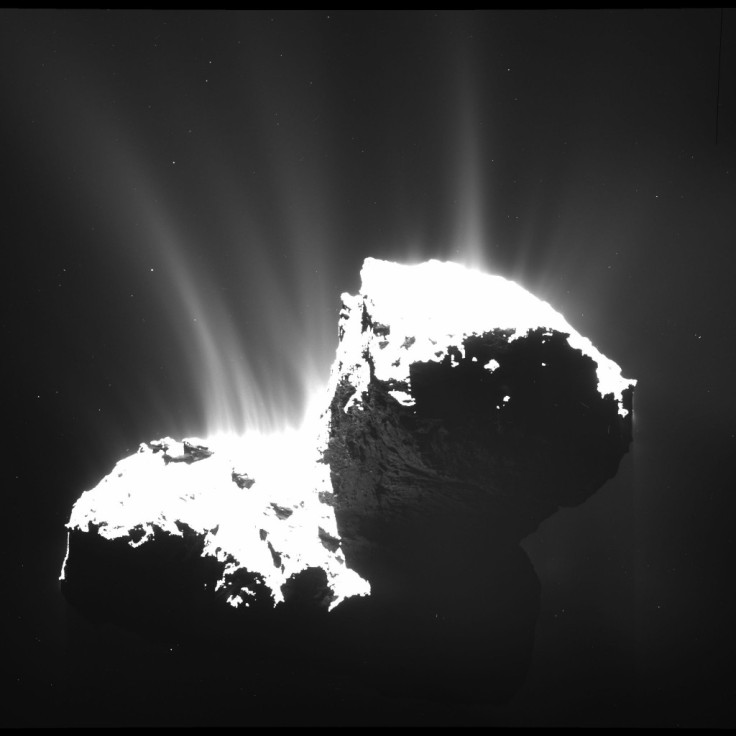Tonight: your last chance to see Comet Lovejoy for about 8,000 years
Comet Lovejoy is off to outer space but will be back in 10015… or thereabouts

Amateur astronomers are enjoying their final opportunity to witness Comet Lovejoy before it vanishes into outer space for another 8,000 years.
Discovered by Australian astronomer Terry Lovejoy at Birkdale, Queensland on 17 August 2014, the comet – full name C/2014 Q2 (Lovejoy) – came within 43 million miles of Earth on 7 January and is now moving away at incredible speeds.
Visible with binoculars or a small telescope and currently near the star cluster Pleiades, the comet is striking due to its vivid green hue, caused by diatomic carbon gas.
Not to be confused with any of the other four Comet Lovejoys discovered by Terry Lovejoy, C/2014 Q2 will make its closest approach to the sun on 30 January before continuing on its way through the solar system and beyond. It won't be back until 10015 – or thereabouts.

The interval between visits is slowing due to the gravity of the solar system. The last time Lovejoy appeared was 11,000 years ago – roughly 9,000 BC.
The world's first settlements like Jericho were being established and the glaciers of the last ice age in retreat. Sadly for Ukip Britain was still connected to Europe and Stonehenge still awaiting planning consent.
Comets become observable from Earth when they approach the sun and their tails of ice turn into visible gas. The most famous comet, Halley's Comet, appears every 75-76 years.
Comets were formed with the formation of the solar system – including Earth – some 4.5 billion years ago, and so provide essential information for scientists about the origins of our planet and how life may have emerged.
Last year the European Space Agency managed to land the Philae probe on 67P/Churyumov-Gerasimenko, but due to landing in shadow the probe was unable to absorb much solar power and send much information back before its battery went flat. It is hoped the probe can be revived as the comet moves closer to the sun.
© Copyright IBTimes 2025. All rights reserved.






















